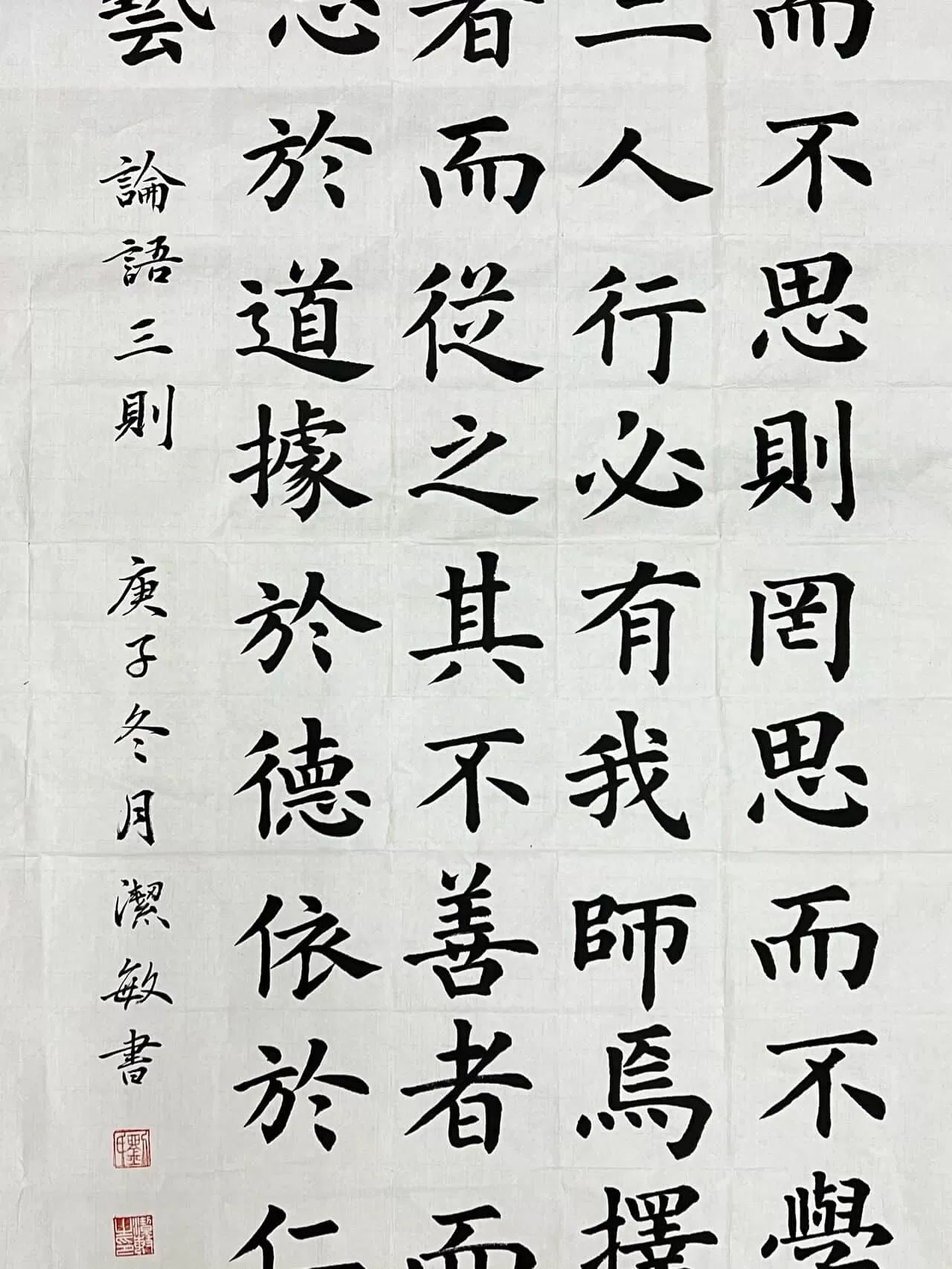
The Analects of Confucius (Lún Yǔ) is a collection of quotes compiled by the disciples and second-generation disciples of Confucius, a thinker and educator during the Spring and Autumn Period, recording the words and deeds of Confucius and his disciples. It was completed in the early Warring States Period. The book consists of 20 chapters with 492 sections, primarily in the form of sayings supplemented by narratives, comprehensively reflecting the political views, ethical thoughts, moral concepts, and educational principles of Confucius and the Confucian school. The work is mostly composed of sayings, which are concise yet rich in meaning, with some phrases and passages being vivid and lively. Its main characteristics include concise and easily understandable language with profound implications, exhibiting a graceful, smooth, leisurely, and implicit style that reveals character images through simple dialogues and actions.
Since the Song Dynasty, The Analects of Confucius has been listed as one of the "Four Books" and has become an official textbook in ancient schools and a required reading for the imperial examinations.
The Analects of Confucius is a quotation-based prose anthology primarily recording the words and deeds of Confucius and his disciples through quotations and dialogues, embodying Confucius's values and ideas on politics, aesthetics, moral ethics, and utilitarianism.
The content of The Analects of Confucius covers various aspects including politics, education, literature, philosophy, and principles for conducting oneself in society. The existing version consists of 20 chapters and 492 sections, of which approximately 444 sections record the discussions between Confucius and his disciples as well as contemporaries, and 48 sections document the conversations among Confucius's disciples.
The Analects of Confucius is the crystallization of the collective wisdom of Confucius's disciples. The main content of The Analects began to take shape during the later part of the Spring and Autumn Period when Confucius established a school and taught. After Confucius's death, his disciples and second-generation disciples passed on his teachings from generation to generation and gradually recorded these orally transmitted sayings and deeds, hence the name "Lun" (discussion or compilation). As it primarily records the words and deeds of Confucius and his disciples, it is called "Yu" (sayings). Zhao Yi of the Qing Dynasty explained, "Yu refers to the words of the sage, while Lun refers to the discussions among the scholars." In fact, "Lun" also carries the meaning of compilation. Therefore, The Analects of Confucius refers to the compilation of the recorded words and deeds of Confucius and his disciples into a book. The main compilers were Zhonggong, Ziyou, Zixia, and Zigong, who, out of concern for the loss of their teacher's teachings, first discussed and drafted it in memory of him, and then completed it with the help of a few remaining disciples in the State of Lu and second-generation disciples.

Provides The Most Comprehensive English Versions Of Chinese Classical Novels And Classic Books Online Reading.
Copyright © 2025 Chinese-Novels.com All Rights Reserved
